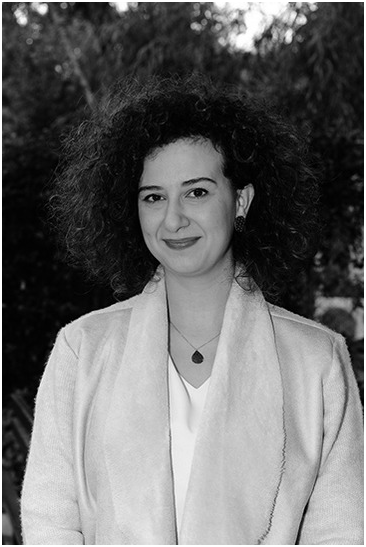The Need for Intersectionality
from Section 3 - Cognitive and Social Factors
Published online by Cambridge University Press: 20 July 2020
The chapter considers gender and personality research within the dispositional paradigm. It provides a brief discussion of current research to demonstrate the largely Western focus on empirical research on gender differences in personality traits. The chapter draws on our own research with the Chinese Personality Assessment Inventory (CPAI) in Chinese and non-Chinese samples, South African work on the etic NEO Personality Inventory - Revised (NEO-PI-R), and the development of the emic South African Personality Inventory (SAPI), and extraction of personality traits in the Arab Levant to present a more balanced picture of gender research in personality beyond the etic context. In so doing we illustrate the need for a more nuanced approach to understanding gender in personality psychology where gender is recognized alongside issues of culture, ethnicity, sexual orientation, nationality, etc. The chapter illustrates the value of incorporating intersectionality in understanding gender within the dispositional approach to personality.
Sumaya Laher is an Associate Professor in Psychology at the University of the Witwatersrand. Her doctoral and subsequent research into personality, psychometrics, and assessment has been instrumental in pioneering the usage and interpretation of key instruments in South Africa. Aside from psychological assessment, she contributes actively to research on indigenous knowledge systems with her work on traditional healing systems particularly those proposed by Islam, Hinduism, and African approaches. Laher is a South African Muslim woman born in Johannesburg, and completed her undergraduate and doctoral studies at the University of the Witwatersrand in Johannesburg.
Fanny M. Cheung is Choh-ming Li Professor of Psychology and Vice-President (Research) at the Chinese University of Hong Kong. Her research expertise lies in cross-cultural personality assessment. She pioneered gender research in Greater China and served as the Founding Chairperson of the Equal Opportunities Commission in Hong Kong. She received the 2014 IAAP Distinguished Scientific Contribution Award and 2012 APA Award for Distinguished Contributions to the International Advancement of Psychology for her contributions to personality assessment across cultures and to the international advancement of women. Cheung was born in Hong Kong and studied in the United States for nine years from Grade 12 through her PhD degree. She returned to work in Hong Kong after her studies, and has spent sabbaticals in Oxford (UK) and the United States.
Pia Zeinoun is an Assistant Professor of Psychology at the American University of Beirut’s Department of Psychology, and is Managing Director of the Psychological Assessment Center at the AUB Medical Center. Her research centers on the development of culturally appropriate tests of personality, psychopathology, and neurocognitive abilities. Dr. Zeinoun has a PhD in Psychology from Tilburg University in the Netherlands, and advanced graduate training at the Johns Hopkins/Kennedy Krieger Institute in Maryland, USA. Zeinoun was born in Lebanon, but sought refuge in Cyprus with her family during the Lebanese Civil War. After spending ten years in Cyprus, where Greek became her native language, she returned to Lebanon as a teenager. It was only then that she learned English at an American-system school, and Arabic as a second language. She has now settled in her diverse country of origin, Lebanon.
To save this book to your Kindle, first ensure [email protected] is added to your Approved Personal Document E-mail List under your Personal Document Settings on the Manage Your Content and Devices page of your Amazon account. Then enter the ‘name’ part of your Kindle email address below. Find out more about saving to your Kindle.
Note you can select to save to either the @free.kindle.com or @kindle.com variations. ‘@free.kindle.com’ emails are free but can only be saved to your device when it is connected to wi-fi. ‘@kindle.com’ emails can be delivered even when you are not connected to wi-fi, but note that service fees apply.
Find out more about the Kindle Personal Document Service.
To save content items to your account, please confirm that you agree to abide by our usage policies. If this is the first time you use this feature, you will be asked to authorise Cambridge Core to connect with your account. Find out more about saving content to Dropbox.
To save content items to your account, please confirm that you agree to abide by our usage policies. If this is the first time you use this feature, you will be asked to authorise Cambridge Core to connect with your account. Find out more about saving content to Google Drive.


